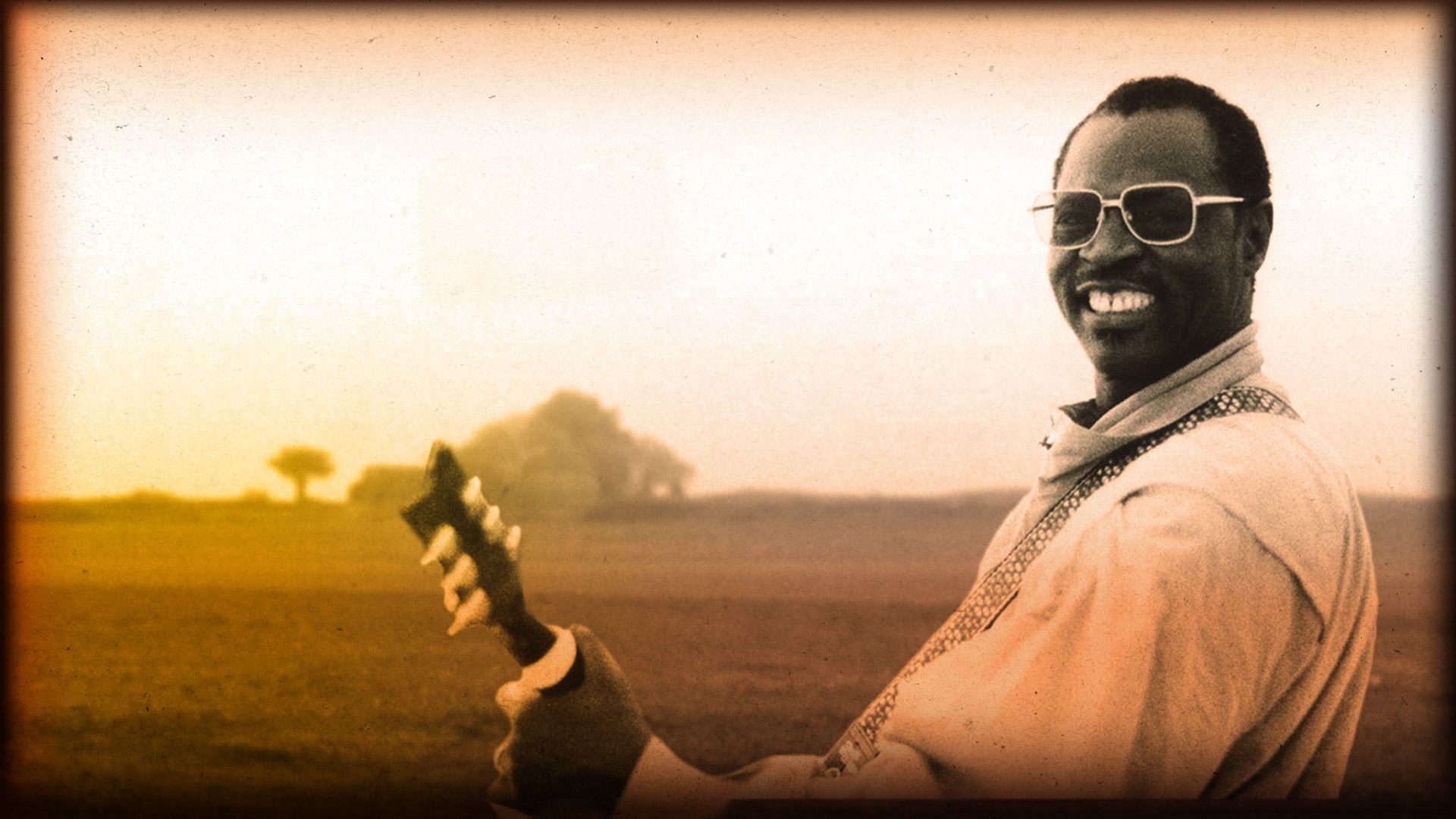Ali Farka Touré: The Bluesman from Mali

A
li Farka Touré, a name that resonates with the soulful fusion of traditional African music and American blues, hails from the heartland of Mali. This virtuoso guitarist's rhythmically complex style has cemented his legacy as one of Africa's most celebrated musicians. His life, achievements, and the indelible impact on world music will be the heart of this article. We will journey through Touré's humble beginnings, his rise to international acclaim, and how his tunes continue to echo in the corridors of global music scene, a testament to his enduring influence.
Born in 1939 in the remote village of Kanau, on the banks of the Niger River in Mali, Ali Farka Touré was destined for musical greatness. Despite facing numerous challenges, including poverty and a lack of formal education, Touré's passion for music remained undeterred. He taught himself to play various traditional instruments before settling on the guitar, which would become his signature instrument.
Touré's music is a unique blend of traditional Malian music and American blues. His style is characterized by intricate fingerpicking patterns and hypnotic rhythms that draw heavily from Songhai, Fulani, and Tuareg traditional music. His lyrics often touch on deep spiritual themes and social issues affecting his homeland.
In the 1970s, Touré's talent caught the attention of international record labels. His breakthrough came in 1987 when he released his self-titled album on World Circuit Records. The album was a critical success and catapulted Touré into global stardom. He went on to release several more albums, each one further solidifying his status as one of Africa's greatest musicians.
Touré's influence extends far beyond his native Mali. His music has inspired countless musicians around the world and has contributed significantly to the global appreciation of African music. His collaboration with American musician Ry Cooder on the album 'Talking Timbuktu' won a Grammy Award in 1995, further cementing his place in the annals of world music.
Despite his international success, Touré remained deeply rooted in his homeland. He served as the mayor of his hometown of Niafunké and used his influence to improve the lives of his people. He was a staunch advocate for agricultural self-sufficiency and worked tirelessly to combat desertification in the region.
Touré's life was cut short in 2006 when he succumbed to bone cancer. However, his legacy lives on through his music and the countless musicians he inspired. His son, Vieux Farka Touré, has followed in his father's footsteps and is now one of Mali's most celebrated musicians.
The story of Ali Farka Touré is one of resilience, passion, and unwavering dedication to music. His journey from a remote village in Mali to international stardom is a testament to the power of music to transcend borders and cultural barriers. His unique blend of traditional African music and American blues continues to inspire musicians around the world, ensuring that his legacy will endure for generations to come.
Ali Farka Touré's life and music serve as an inspiration for aspiring musicians worldwide. His humble beginnings did not deter him from pursuing his passion for music, proving that talent combined with hard work can overcome even the most formidable obstacles. His dedication to his homeland and its people demonstrates that success does not necessitate abandoning one's roots but can instead be used as a platform for positive change.
Touré’s life may have ended, but his music continues to reverberate across the globe. The Bluesman from Mali has left an indelible mark on world music, influencing countless musicians and contributing significantly to global appreciation of African music. His story serves as a beacon of hope for aspiring musicians from all walks of life, proving that with passion, resilience, and dedication, one can rise from humble beginnings to international acclaim.
This article was generated by AI